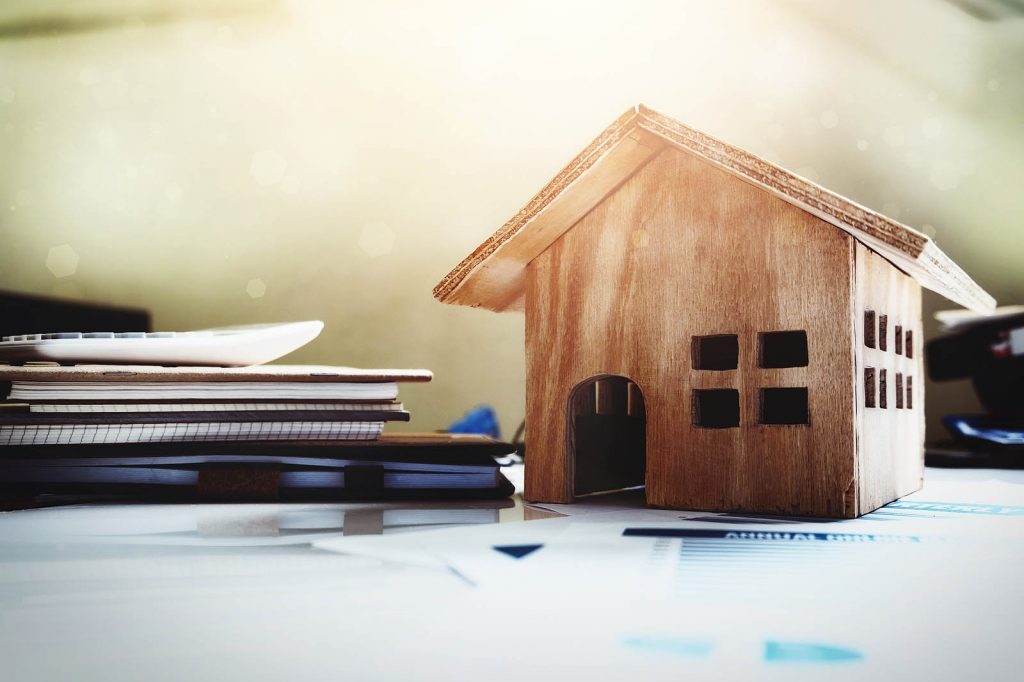Are You Stuck With Your Home if You’re in a Chapter 13 Bankruptcy?
One of the benefits of filing bankruptcy for many people is that the automatic stay can stop a foreclosure and help ensure a family can keep their home. The homestead exemption even lets you protect some of the equity in your home if you are living in it during the bankruptcy, which means the Trustee can’t force the sale of the home to pay back your creditors.
However, there are times during a Chapter 13 bankruptcy when someone may not want to keep their home anymore and need to sell it. Selling a home is a complex process, and a Chapter 13 bankruptcy makes that even truer.
Why Someone Might Want to Sell a Home When in Chapter 13
If someone has entered into a Chapter 13 bankruptcy and did not want to sell their home at first, what might change their mind? A common scenario is that the family needs to move to a new area due to a job relocation or because of changing family obligations.
Another reason someone might sell their home or property during a Chapter 13 bankruptcy is that their financial situation has changed and they can no longer afford the mortgage. Or, they may have decided that it is a good idea to pay off their Chapter 13 early for personal financial reasons, and they want to use the proceeds of their home sale to make that happen.
Buying and selling large properties or assets—or making any substantial financial decision—during a Chapter 13 bankruptcy is a pretty big deal. Before you make any decisions, talk to your bankruptcy lawyer so you understand the potential benefits and disadvantages and can make the best decision for your family in this season.
Steps for Selling a Home While in Chapter 13
If you do decide to go through with selling your home during a Chapter 13 bankruptcy, the process involves more hoops than normal. Before you reach out to a realtor, ensure you understand what steps you have to go through with the bankruptcy court.
Getting Permission
The bankruptcy court has to approve the sale of your home. Typically, you need a plan that indicates why you’re selling the home and what you’re going to do with any proceeds. While you may be able to keep some of them, especially if you’re relocating and need to put a downpayment on another home, the Trustee may take some or even all of the proceeds and use them to repay creditors.
Because your home is a resource that could be used to settle some of your debts, the court is interested in how you sell it. You’ll need to get approval for the actual deal, and if the court believes that you’re selling yourself (and your creditors) short on the value of the home, it may not approve the sale. The court also has to approve your real estate agent so they can get paid their commission from any sale of the home.
Notifying Creditors
Before you finalize the sale of your home, you have to notify all the creditors involved in your bankruptcy. Your bankruptcy attorney can handle this step for you. Note that creditors have a right to object to the sale of the home or the terms of the sale.
Disclosing Details of the Sale
You will need to file a Motion to Sell as well as a statement that provides information including the sale price and the appraisal value. Courts and creditors are unlikely to agree to a home sale that seriously undercuts the appraisal value.
Can You Buy a House While in Chapter 13 Bankruptcy?
Yes, you may be able to buy a house while in a Chapter 13 bankruptcy, but this is also a more complex process than it would normally be. To incur any new debt while in a Chapter 13 bankruptcy process, you must seek the approval of the court. You’ll also face some potential challenges in finding a bank that will finance a mortgage for someone who is in a Chapter 13 process.
There’s also the question of the downpayment. If you suddenly have enough money to cover a downpayment, your bankruptcy Trustee may question where these funds came from and why they weren’t included in the paperwork when you filed for bankruptcy. Even if you can demonstrate that you saved the amount during the Chapter 13 time period, the Trustee might determine that your income is high enough that you could be paying more into your repayment plan.
If you have to relocate and sell your existing home, you may be able to keep some of the proceeds to cover a downpayment on a new home. While you’d need to work out those details with your bankruptcy lawyer, this is obviously easier to explain than suddenly having enough cash for a downpayment.
Work With an Experienced Bankruptcy Attorney to Protect Your Options
The bottom line on questions about buying or selling a home during a Chapter 13 bankruptcy proceeding is that there are no easy answers. The processes can be very complex, and you have to attend to a variety of details to ensure you don’t end up with more financial problems. Working with an experienced bankruptcy attorney can help you understand your options and how best to approach selling a home during a Chapter 13 repayment plan. Contact the Holland Law Office at 970-232-3097 to learn more about your bankruptcy options.







